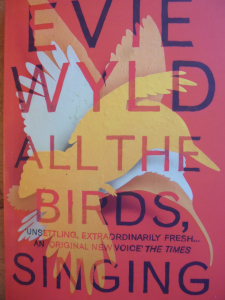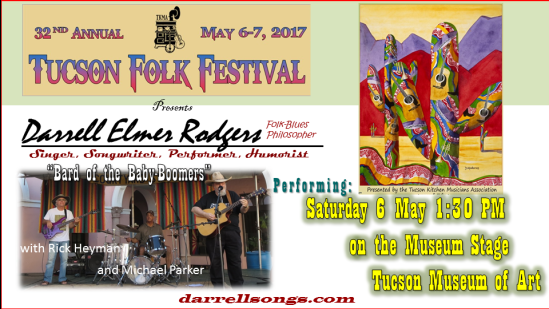All the Birds, Singing is Evie Wyld’s second novel  and won her the Miles Franklin Award and the Encore Award in 2014. A book of two parts, it is set on an unnamed island off the coast of Britain and in rural Australia. The novel starts on the island, when the main protagonist, a young woman named Jake Whyte, finds one of her sheep deliberately killed, eviscerated in the most brutal way. As she attempts to find out who did this, the Australian narrative, which alternates with the British story, takes us back into her past. Written in chronological reverse, we gradually understand more and more about Jake’s past which help us to understand her present: why she shuns the company of men and why she sleeps with a hammer under her pillow ‘as a comfort’.
and won her the Miles Franklin Award and the Encore Award in 2014. A book of two parts, it is set on an unnamed island off the coast of Britain and in rural Australia. The novel starts on the island, when the main protagonist, a young woman named Jake Whyte, finds one of her sheep deliberately killed, eviscerated in the most brutal way. As she attempts to find out who did this, the Australian narrative, which alternates with the British story, takes us back into her past. Written in chronological reverse, we gradually understand more and more about Jake’s past which help us to understand her present: why she shuns the company of men and why she sleeps with a hammer under her pillow ‘as a comfort’.
In her search for the sheep killer we’re aware that Jake is seen as an outsider by her community and chooses to be so. An independent woman, she lives alone in a house bought from an older man Don and tends her few sheep. Both Don and the useless police officer to whom she reports the crime suggest she should go to the pub to try to meet a man. She is resolutely uninterested and indeed is perfectly competent at running her farm, treating her animals with care including using a gun against predators where necessary. However she is shaken by the killing of the sheep, the second such killing, and at night her fear ratchets up to unbearable levels as she hears noises outside, in the house, on the stairs and we readers hover with her on the brink of nightmare and paranoia.
The Australian narrative starts with Jake working on a sheep farm as the only woman. At first she is well integrated, enjoying the work which she does well, and coping with the macho culture on the farm, partly thanks to the support of her lover Greg. Things begin to fall apart when she rejects the advances of Clare, who then says he recognises her from a previous life. Terrified of her past catching up with her, she leaves the farm. That past, which has been hinted at in snatched memories of ‘Otto’, is then slowly revealed- Otto is the name of the older man who abused her, imprisoning her on a remote farm and from whom she managed to escape. This part of the narrative was grim reading for me and my revulsion at Otto’s grooming and escalation of sexual demands is a tribute to the strength of the writing. I found heart rending too the matter of fact manner with which Jake accepts his abuse, ‘ somewhere into the fifth week, Otto has only called for sex a dozen or so times. He’s just a kind, lonely old man. He only ever wants it in the normal way’.
And as the narrative unfolds further back we see that her emotional absence may be the result of her previous work as a prostitute at Hedland. Hedland is a regular mining town and the lore amongst sex workers is that work is safer there than in the holiday town of Darwin, where the punters are ‘off their tits on excitement’ and therefore more demanding. Jake shares a room with Karen and Karen’s attempts to give their room ‘ombionce’ with her scented candles and the occasional laughs they have together seem all the more poignant given the grim reality of what they go through to make a living.
Other threads run through the book, sometimes appearing in both sections. Jake thinks about her family, especially her Mum. We realise she has little contact with home and when she phones and her sister Iris picks up, she is met with hostility. What happened at home? Fairly early on we learn she has scars across her back. Where do they come from? Hares are set running and as the narrative proceeds forwards on the English island and backwards in Australia we’re inevitably developing our theories.
Now from the emphasis in this review it’s not difficult to see that I was more engaged with the Australian narrative than the English one. Both sections contained superb writing about landscape, sensual in its evocation of the sounds and smells of the Australian bush in particular. I found the detailed descriptions of sheep and dogs and the characters’ relationships to animals compelling in both sections. But somehow the characterisation in the Australian section was to me more convincing and so the narrative of these events more gripping-to the extent that I wondered at times whether the book was trying to do too much encompassing both narratives. But the slow and controlled unravelling of the past, the careful dropping of information into the narrative and the to me completely unexpected denouement, show Evie Wyld’s real skill as a storyteller.
Advertisements Share this:


![Twice Bitten (Cascadia Wolves) by [Dane, Lauren]](/ai/054/028/54028.jpg)


